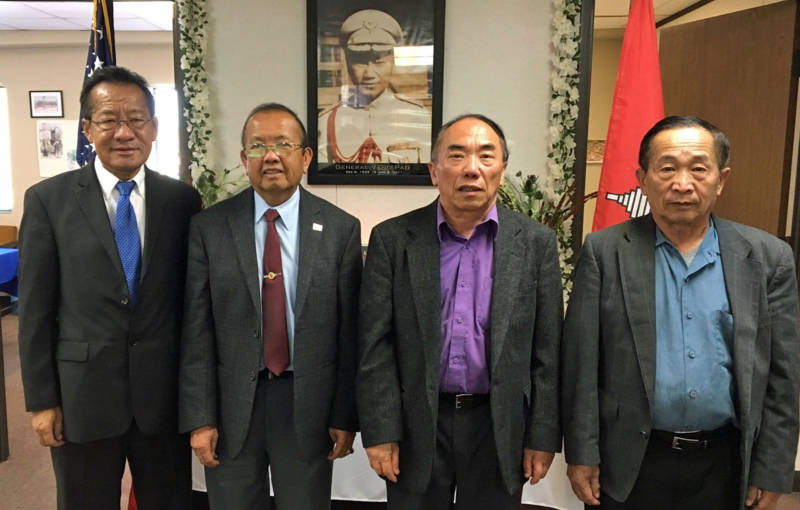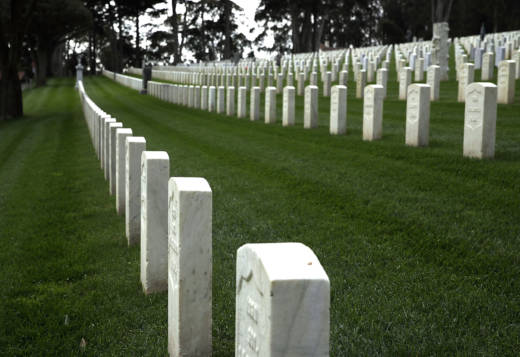The Hmong people fought alongside American soldiers against Communist forces during the Vietnam War. When the U.S. pulled out of the region, their Hmong allies were left to fend for themselves. Knowing that staying in Laos meant their deaths, many fled across the Mekong River into Thailand before immigrating to the U.S.
“I never dreamt that I would be here in the United States,” said Cheruchia Vang, a Hmong veteran. “It suddenly happened. United States pulls out its troops from Asia and then we have no choice. We never thought that we should be here and my children would not be born here.”
Vang served as a paymaster during the war, traveling to the front lines to pay soldiers. One of his worst memories, and a frequent nightmare, is the day he was captured by North Vietnamese forces. He was able to escape, but the experiences are always with him. Vang said he and other Laotian veterans deserve to be honored for their service during the war.
“We contributed. We sacrificed our life on behalf of the United States soldier,” Vang said. “So they should treat us the same way as they treat American soldier here.”

Vang is one of the thousands of Hmong veterans asking Congress to pass a bill introduced by Central Valley congressman Jim Costa.

